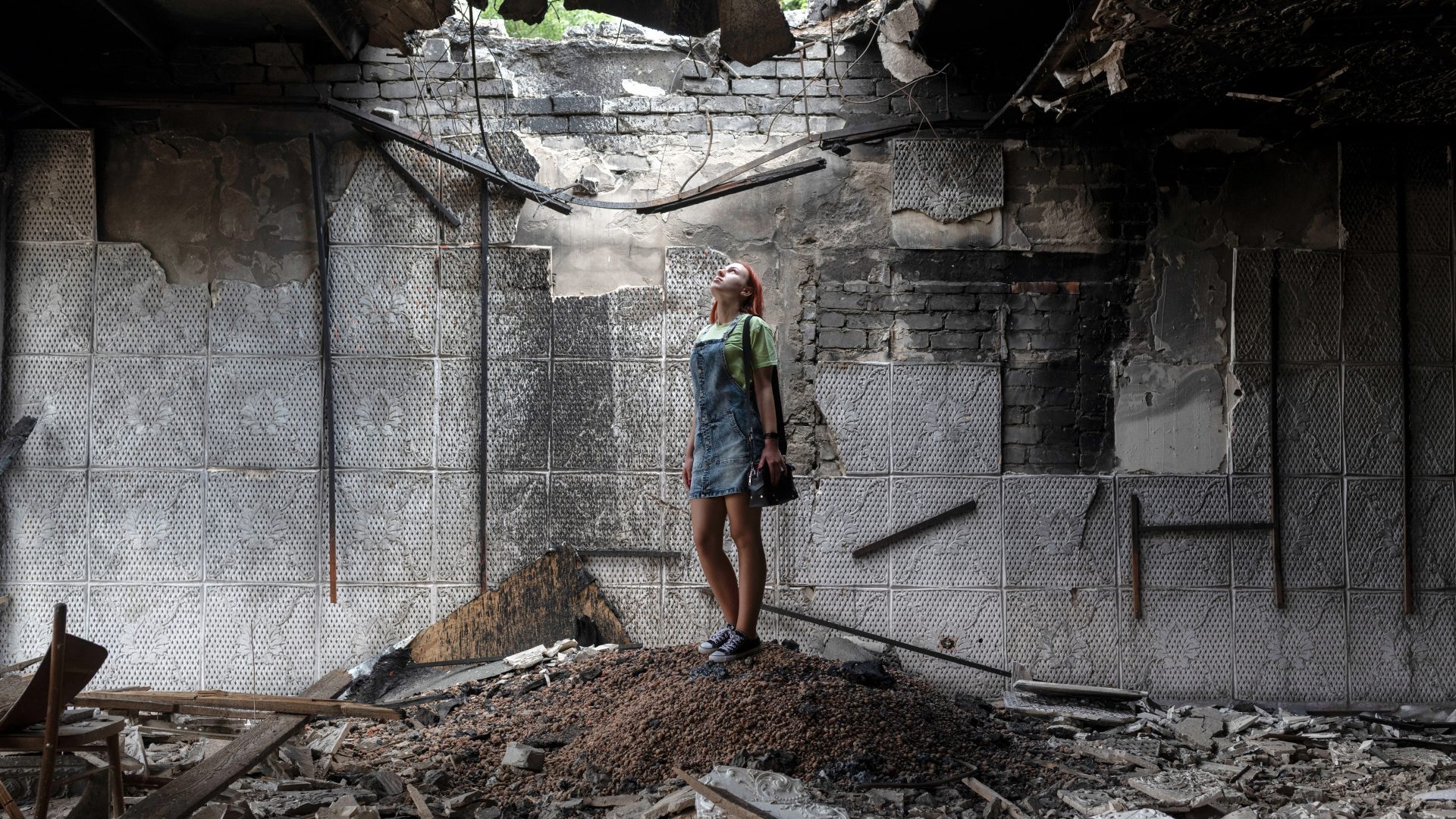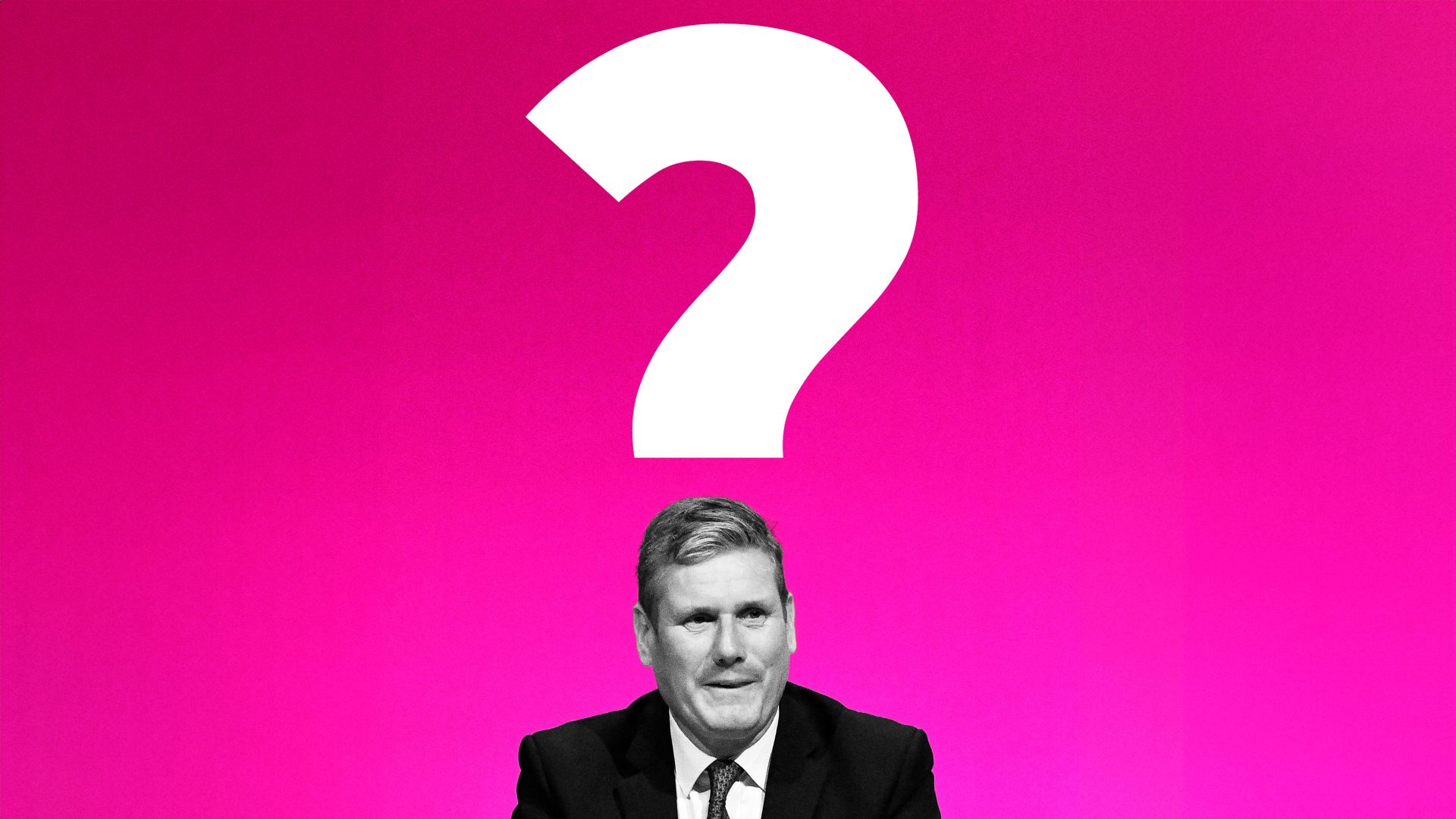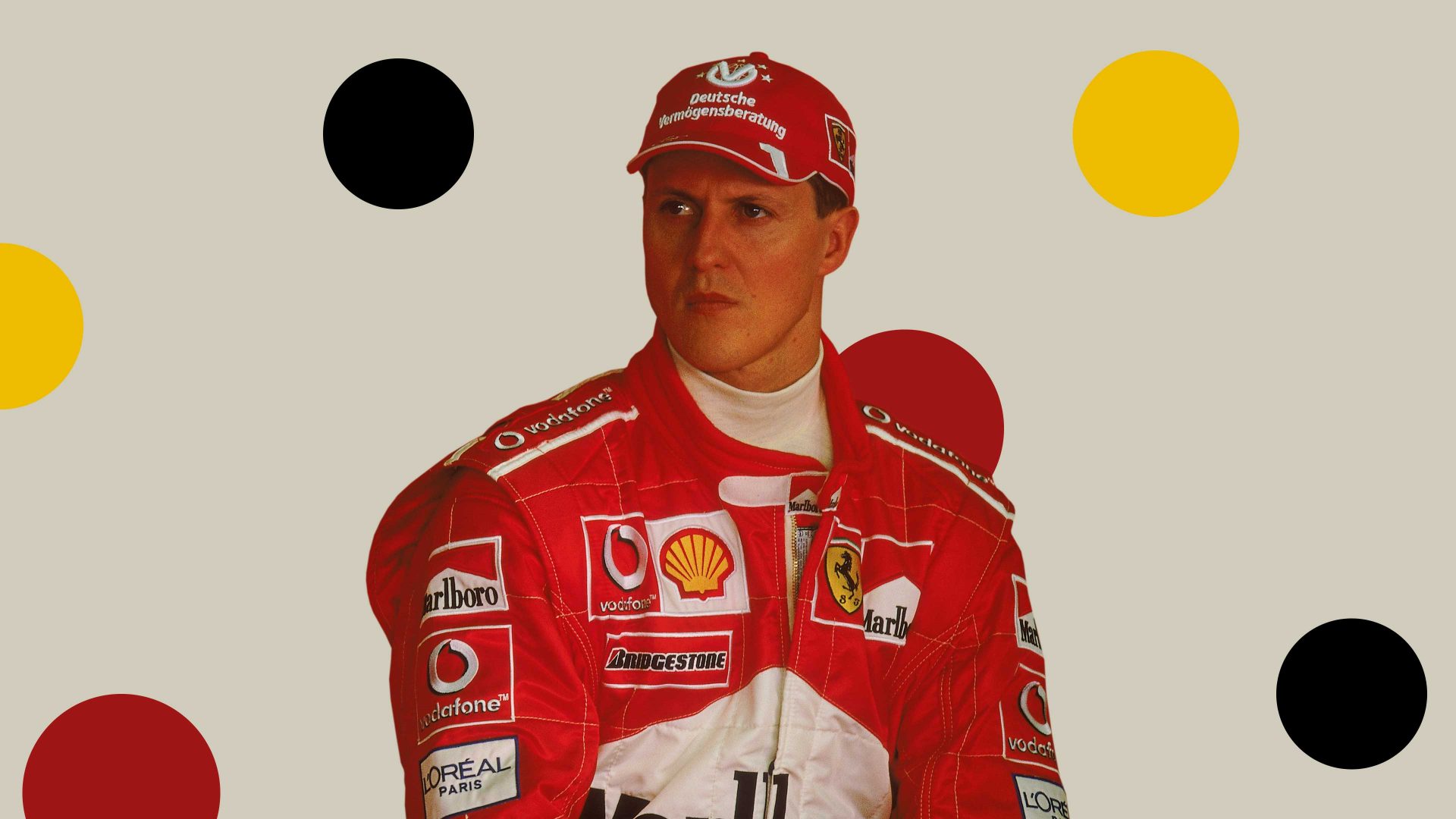For much of this year, Russia has been jamming the GPS signal so hard in the Baltic region that both flights and shipping have been thrown into chaos. Last week it unilaterally declared a change to its maritime borders with Finland and Estonia, sending guards into the River Narva to move buoys marking the international boundaries.
Its proxies have been starting fires in European factories, while its armies staged a new incursion into the Kharkiv region. Vladimir Putin, meanwhile, has appointed an economist to run his defence ministry and begun a purge of top army generals.
Last Friday we found out what all this signalling, sabotage and aggression was leading up to: an offer to end the war in Ukraine at the current front lines, backed by a threat to ramp things up if the offer is rejected.
The offer came with a signal that Putin is tired of the war; that he knows he will need a major new mobilisation of recruits and industrial production to make any major breakthrough; but is prepared to order it unless Kyiv surrenders the Donbas region and Crimea permanently.
The obvious question is: is the offer made from a position of strength or weakness? The frustrating answer is both. At the level of military operations, Putin is on the offensive. Months of delay in the US Congress weakened the Ukrainian army to the point where it is slowly losing ground. The slow destruction of the city of Kharkiv through air strikes is adding to Ukraine’s misery.
But at a strategic level, now the Congressional standoff is over, the west has begun to reclaim the offensive. Three days after Keir Starmer looks set to become PM, western leaders will assemble in Washington for a major Nato summit. The theme of the lead-up is renewed commitment to a Ukrainian victory, with western arms and ammunition production lines beginning to run hot.
More importantly, there are signs that once Ukraine can stabilise its own front line, western capitals are beginning to harden their support for stronger actions. Poland has threatened to shoot down Russian missiles in Ukrainian airspace; Estonia has mulled sending troops to provide non-combat support; the US is said to be considering lifting its ban on the use of long-range missiles inside Russian territory; and the EU’s decision in principle to support the seizure of Russian foreign exchange reserves has definitely concentrated minds in Moscow.
One week after the Nato summit, Ukraine is to host a major international peace conference on the shores of Lake Lucerne, with everyone invited except Russia. Here its president, Volodymyr Zelensky, hopes to cement international backing for his own peace plan, first presented more than a year ago, which insists on a return to internationally recognised borders, a formal end to hostilities, and the prosecution of alleged war criminals.
So the diplomatic momentum is with Ukraine, while Putin’s military momentum on land is proving increasingly costly.
Putin’s “offer” should be understood for what it is. An invitation to the west to sign its own death warrant.
If Ukraine’s allies were to acquiesce in the biggest armed land-grab of the century, it would signal to the world that the rules-based international order is finished. It would be as big a capitulation as Chamberlain’s Munich agreement with Hitler, and should consign any politician who advocates it to the same historical category.
Putin knows that, in a long war that pits Russia’s defence industry against America’s and Europe’s, he is the certain loser. Even by simply lifting restrictions on the use of US-supplied long-range missiles, Joe Biden could seriously jeopardise dozens of Russian military bases and what’s left of the Black Sea fleet. If, in addition, western powers were to supply Ukraine with full-scale air defences and modern fighter jets, there is every chance that in 2025 Ukraine could resume the counter-offensive and begin to take back land stolen in 2014 and 2022.
So here’s how I read Putin’s “offer”. It is the attempt to woo reluctant western powers, including Germany, into seeking an off-ramp from the conflict. It is also a bone thrown to pro-Putin politicians in Germany and Austria, including the new “left” party around Sahra Wagenknecht, and will be used to justify the argument that it is Nato that is the real warmonger.
Once it is rejected, Putin will appeal to China to begin supplying weapons, and his proxies in the US will begin to push for a Trump presidency that would back the surrender.
But yet again it is an example of Putin forcing Ukraine and its western allies to respond, whereas in an armed conflict the whole purpose is for your own side to seize the initiative, and force the adversary to react.
The most important thing western governments can supply is a plan for victory and the means to achieve it. Sadly, big wars like this have to be won by big actions. Taking out the Kerch Strait bridge, devastating some key Russian ports and airfields, and even impounding Russia’s “dark fleet” of unregistered and uninsured tankers would be attention grabbers.
To the US politicians who say America should leave Ukraine to its fate, and concentrate on the strategic standoff with China over Taiwan, we should insist: the best way to deter Chinese aggression in the Pacific is to show that it doesn’t work for Russia in the Black Sea.




